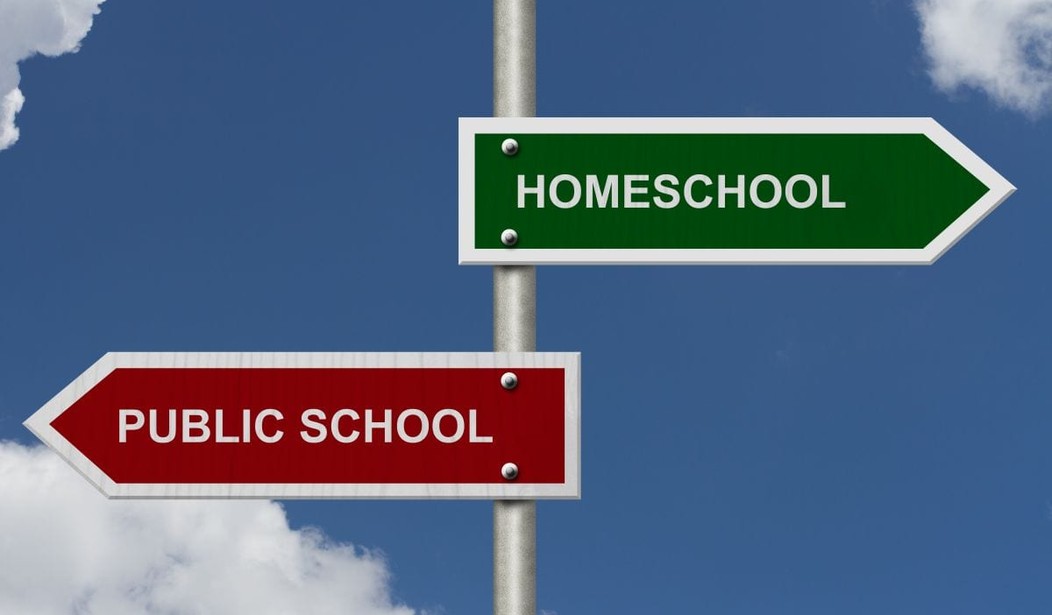When we began homeschooling in 1987, we lived in fear. Homeschooling was such a new concept that having children walking in daylight during school hours automatically dropped you into the “educational neglect” category. Now, almost thirty years later, academia is beginning to understand our school motto.
When you school at home, the world is your campus.
Early in the movement, Gregg Harris, author and homeschooling pioneer, spoke to homeschoolers across the nation about “delight-directed” education. Now Peter Grey, Ph.D writes in PsychologyToday that “perhaps the greatest failure of the education system is their complete inability to harness the curiosity of a child.”
Curiosity, in fact, was and still is the foundation of delight-directed education.
Grey points to a simple Aristotle quote,
Human beings are naturally curious about things.
It took a few years for me to understand that behind every educator or educational system there is a philosophy of education. When we began our homeschooling journey, my educational philosophy was simply, “My son has repeated second grade. He still can’t read or do basic math. His teachers want to label him. It’s now up to me to teach him to read and to become a literate, functioning adult.”
Before I had understood the power of harnessing curiosity, my son illustrated it for me.
He struggled with the boring simple books the school provided. Reading See Spot Run was an agonizing exercise in diligence. It wasn’t until the boy dug out his dad’s dusty old Army training manual that he discovered reading had value.
The image of my reluctant reader walking into the living room with his eyes glued to an open book is still a vivid memory. The very same boy who could barely read a simple sentence was now diligently sounding out every word of this military training manual.
He could read it.
Not only could he read it, but he understood much of it. What he didn’t understand, he asked about. He wanted to learn everything he could. This, before I knew its name, was delight-directed education. Otherwise known as self-directed education.
Imagine if the educational establishment caught wind that this Christian homeschooling family, living in the country, was teaching their child to read with military training manuals.
Lest you think I just fed the comment trolls, let me assure you that he’s now a grown man with a business of his own. He’s never made a bomb. But he is the academic left’s worst nightmare. He is a conservative business owner and a self-made man. He is a functioning, literate adult capable of providing for his family — and providing jobs for other families.
Another one of the gems we stumbled upon quite by accident early on, and which is now being rediscovered, is the value of play.
Grey explains how these two natural elements of childhood create the best learning environment for our children.
The drive to play serves educative purposes complementary to those of curiosity. While curiosity motivates children to seek new knowledge and understanding, playfulness motivates them to practice new skills and use those skills creatively. Children everywhere, when they are free to do so and have plenty of playmates, spend enormous amounts of time playing. They play to have fun, not deliberately to educate themselves, but education is the side effect for which the strong drive to play came about in the course of evolution. They play at the full range of skills that are crucial to their long-term survival and wellbeing.
Play is not recess from education; it IS education. Children learn far more in play, and with far more joy, than they could possibly learn in a classroom.
As Gregg Harris once said, “There are lot of kids graduating from public schools expecting to have a job waiting for them. It’s up to us homeschoolers to give them one.”









Join the conversation as a VIP Member